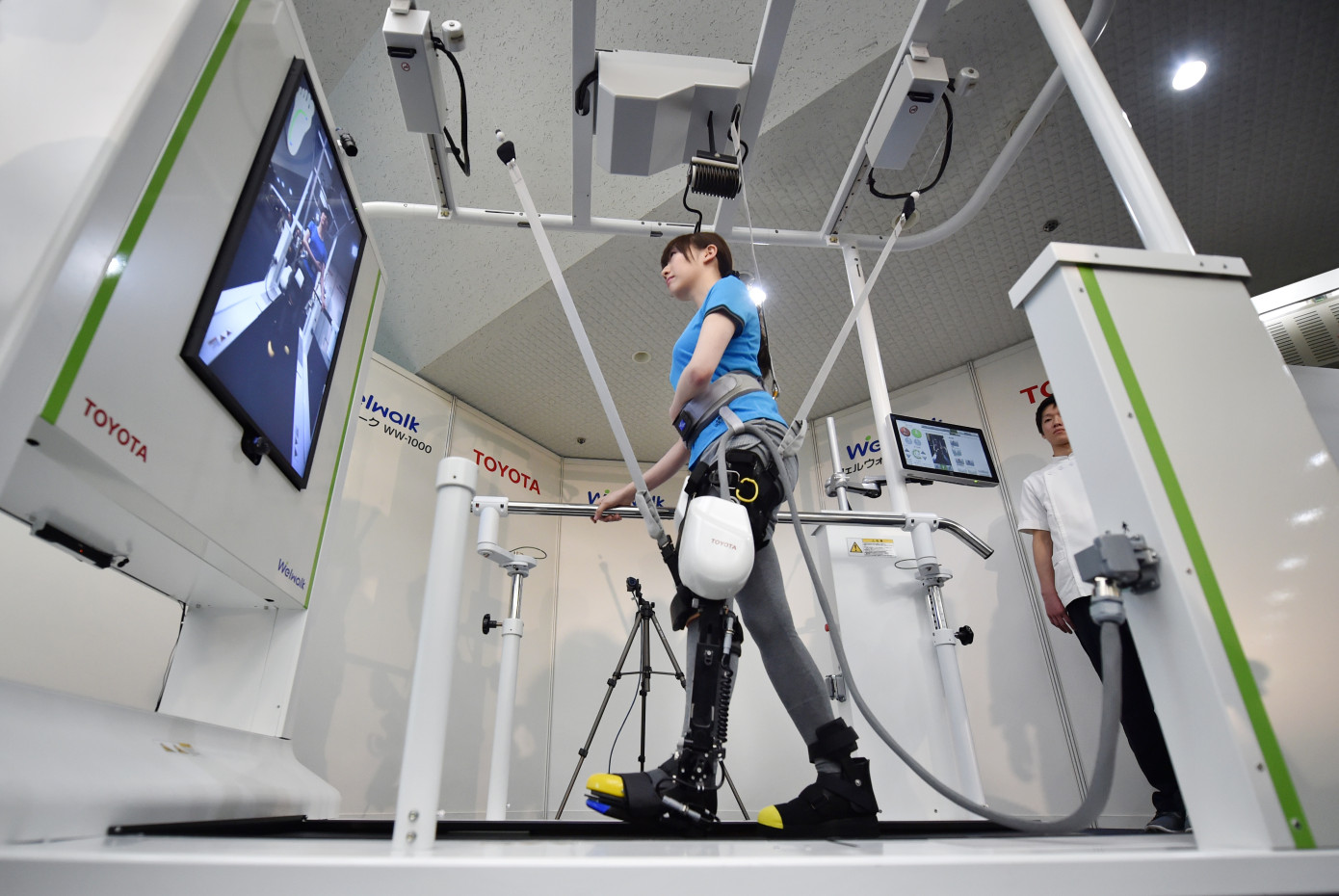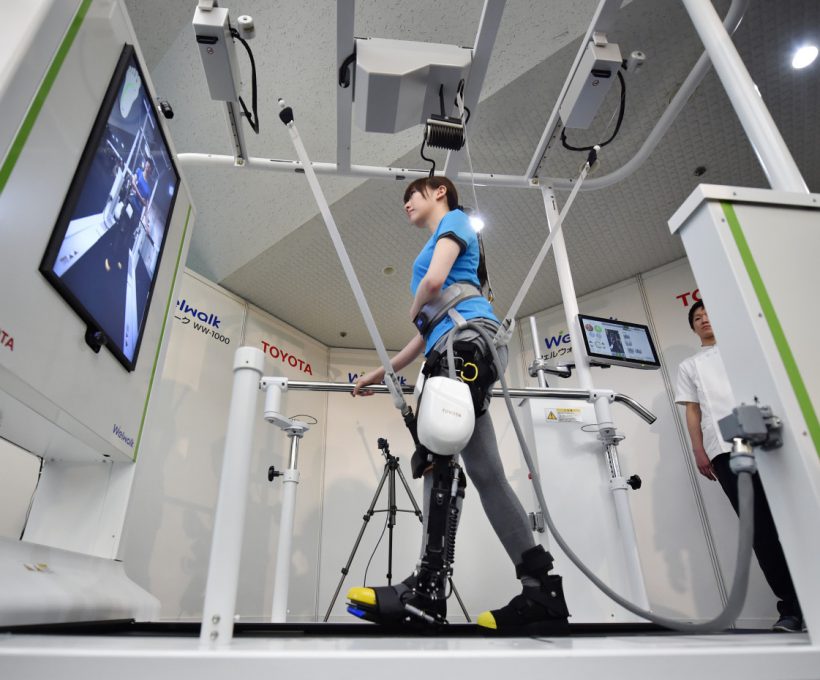(Above) Next year’s Summer Olympics in Tokyo, Japan will see the use of assistive robots. Story and image source: TechCrunch.
Have you always wanted to create your own robot?
If you’re still in school right now and if you’re really into robots, you should consider preparing for a career in robotics.
Robotics is a branch of science and engineering that focuses on anything involving robots – from design and construction to operation and utilisation.
Robotics has proven to be highly beneficial in today’s world, and is now applied in a wide range of areas such as manufacturing, transportation, education, medicine, military, and research and development.
It’s worth noting that while robots tend to be associated with those having human-like intelligence and appearance as seen or read on works of science fiction, real-life robots come in various shapes and sizes, and are developed differently based on their purpose.
For instance, robots can be found in factories that mass-produce consumer and industrial goods; as exoskeletons to aid patients in their physical rehabilitation; and in forms of consumer products such as drones, robotic vacuums, and domestic robots.
For most parts, robots are used to perform repetitive and routine tasks, especially in commercial and industrial settings where these machines tend to be cheaper, more accurate, and more reliable than humans.
Robots are also designed for jobs that are deemed too dangerous for people such as bomb disposal, and exploration in harsh environments including mines, volcanoes, disaster areas, deep sea, and space.
Given how technological advancement has led to greater use of robots across industries over the past several decades, the demand for more talents who are proficient in robotics is on the rise, especially as we are now in the digital economy.
So, if you want to become a professional in robotics, know that there are many routes you can take to have a successful career in this field.
This is because robotics is interdisciplinary, meaning you should have some basics in mechanical engineering, electrical and electronic engineering, computer science, and other STEM-related subjects that allow you to understand the nature of robots.
Beyond these subjects, you need to be able to solve problems, think creatively and have patience because building robots is very technical and time-consuming process, which involves a great deal of trial and error.
Nevertheless, if the robots you create can enhance existing procedures and work together with humans to accomplish valuable goals, then you will find your career in robotics very rewarding.
This is a weekly column by SarawakYES! – an initiative driven by Faradale Media-M Sdn Bhd and supported by Angkatan Zaman Mansang (AZAM) Sarawak – to provide advice and stories on the topics of education and careers to support Sarawakians seeking to achieve their dreams. Join us on Facebook, Twitter, Instagram and YouTube.
This article first appeared on The Borneo Post, visit this link: http://bit.ly/2v3HBZ5




